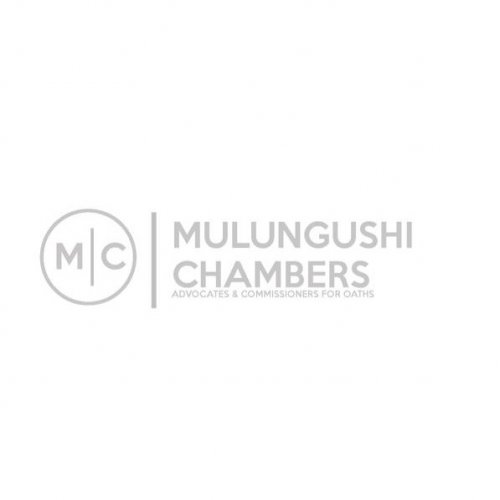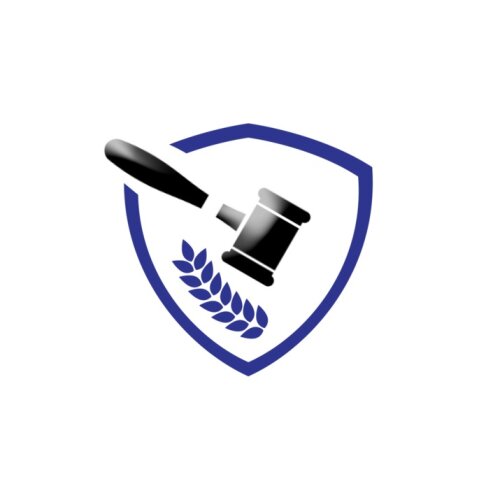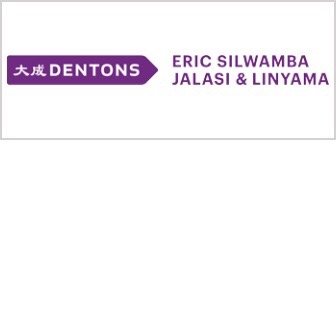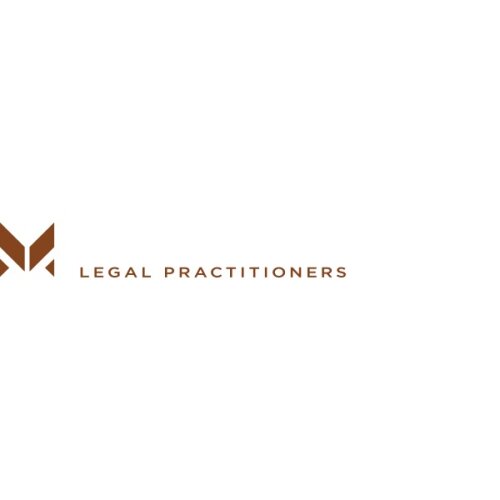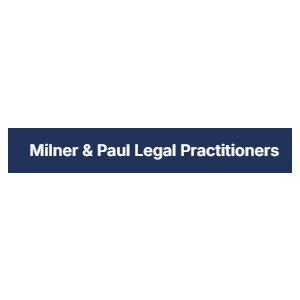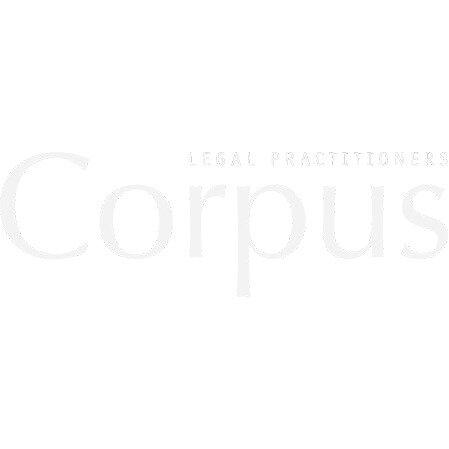Best Government Relations & Lobbying Lawyers in Zambia
Share your needs with us, get contacted by law firms.
Free. Takes 2 min.
Or refine your search by selecting a city:
List of the best lawyers in Zambia
About Government Relations & Lobbying Law in Zambia
Government relations and lobbying in Zambia involve the interaction between individuals, organizations, and government entities to influence public policy and decision-making processes. The practice is essential in shaping laws, regulations, and policies that impact various sectors of the economy. Lobbyists and government relations professionals work to inform and persuade government officials to consider specific viewpoints or interests, providing expertise and insight on complex issues. Zambia has seen increasing formalization and regulation of lobbying activities to ensure transparency and accountability in these interactions.
Why You May Need a Lawyer
There are several scenarios where you might need legal advice in government relations and lobbying in Zambia:
- Compliance with Regulations: Navigating the complex regulatory landscape to ensure all lobbying activities comply with national laws and regulations.
- Drafting and Submitting Proposals: Assistance in the preparation of proposals and documentation required to sway government decisions.
- Advocacy: Representing your interests in meetings with policymakers and government officials.
- Dispute Resolution: Resolving conflicts or issues that may arise from lobbying activities.
- Understanding Policy Impact: Analyzing how government policies affect your organization and advising on strategic responses.
Local Laws Overview
Zambia's legal environment for government relations and lobbying has developed to include specific regulations aimed at enhancing transparency. The main aspects include:
- Registration of Lobbyists: Requirements for individuals or entities engaging in lobbying activities to register with relevant authorities.
- Disclosure Requirements: Obligations to disclose lobbying activities and financial expenditures related to such efforts.
- Ethical Standards: Enforcement of ethical guidelines to prevent corruption and ensure integrity in lobbying practices.
- Regulatory Oversight: Role of government bodies in monitoring and regulating lobbying activities to ensure they meet legal standards.
Frequently Asked Questions
What is lobbying?
Lobbying involves attempts to influence the decisions of government officials, typically with the aim of shaping public policy or regulation in favor of specific interests.
Is lobbying legal in Zambia?
Yes, lobbying is legal in Zambia but is subject to regulations that ensure transparency and accountability in these interactions.
Who can become a lobbyist in Zambia?
A lobbyist can be an individual or an organization that is registered and follows the stipulated guidelines to engage with government officials in policy advocacy.
What are the registration requirements for lobbyists in Zambia?
Registration typically requires submitting specific details about the lobbyist, their clients, and the nature of the lobbying activities to a designated government body.
How do lobbying laws impact businesses in Zambia?
These laws impact businesses by requiring compliance with specific disclosure and ethical guidelines when seeking to influence government policies affecting their operations.
What are the consequences of violating lobbying laws in Zambia?
Penalties can include fines, sanctions, or even a ban on conducting lobbying activities, depending on the nature and severity of the violation.
Can foreign entities lobby in Zambia?
Foreign entities can lobby in Zambia, provided they comply with local registration and regulatory requirements similar to domestic lobbyists.
How can a lawyer assist in government relations?
A lawyer can provide legal advice on compliance, assist in drafting official documentation, represent interests during lobbying activities, and navigate dispute resolution processes.
Are there ethical guidelines specific to lobbying in Zambia?
Yes, there are specific ethical guidelines designed to prevent undue influence, ensure transparency, and uphold integrity in lobbying activities.
Where can I find the legal texts concerning lobbying regulations in Zambia?
Legal texts can be accessed through official government publications, legal libraries, or by consulting with a legal professional or law firm that specializes in government relations.
Additional Resources
For further assistance and information, consider reaching out to the following resources:
- Zambia Law Development Commission: Provides access to legal texts and reforms including those related to lobbying.
- Transparency International Zambia: Offers insights and advocacy on transparency in government and lobbying activities.
- Legal Practitioners’ Association: Provides contacts and referrals to legal professionals specializing in government relations and lobbying.
Next Steps
If you require legal assistance in government relations and lobbying, here are some steps you can follow:
- Identify Your Needs: Clarify the specific areas where you need legal assistance such as compliance, representation, or dispute resolution.
- Seek Expert Advice: Contact legal professionals or firms with expertise in government relations and lobbying.
- Prepare Documents: Gather all necessary documentation regarding your lobbying activities for review and analysis by your legal advisor.
- Stay Updated: Keep abreast of any changes in the laws and regulations related to lobbying to ensure continuous compliance.
Lawzana helps you find the best lawyers and law firms in Zambia through a curated and pre-screened list of qualified legal professionals. Our platform offers rankings and detailed profiles of attorneys and law firms, allowing you to compare based on practice areas, including Government Relations & Lobbying, experience, and client feedback.
Each profile includes a description of the firm's areas of practice, client reviews, team members and partners, year of establishment, spoken languages, office locations, contact information, social media presence, and any published articles or resources. Most firms on our platform speak English and are experienced in both local and international legal matters.
Get a quote from top-rated law firms in Zambia — quickly, securely, and without unnecessary hassle.
Disclaimer:
The information provided on this page is for general informational purposes only and does not constitute legal advice. While we strive to ensure the accuracy and relevance of the content, legal information may change over time, and interpretations of the law can vary. You should always consult with a qualified legal professional for advice specific to your situation.
We disclaim all liability for actions taken or not taken based on the content of this page. If you believe any information is incorrect or outdated, please contact us, and we will review and update it where appropriate.
Browse government relations & lobbying law firms by city in Zambia
Refine your search by selecting a city.



